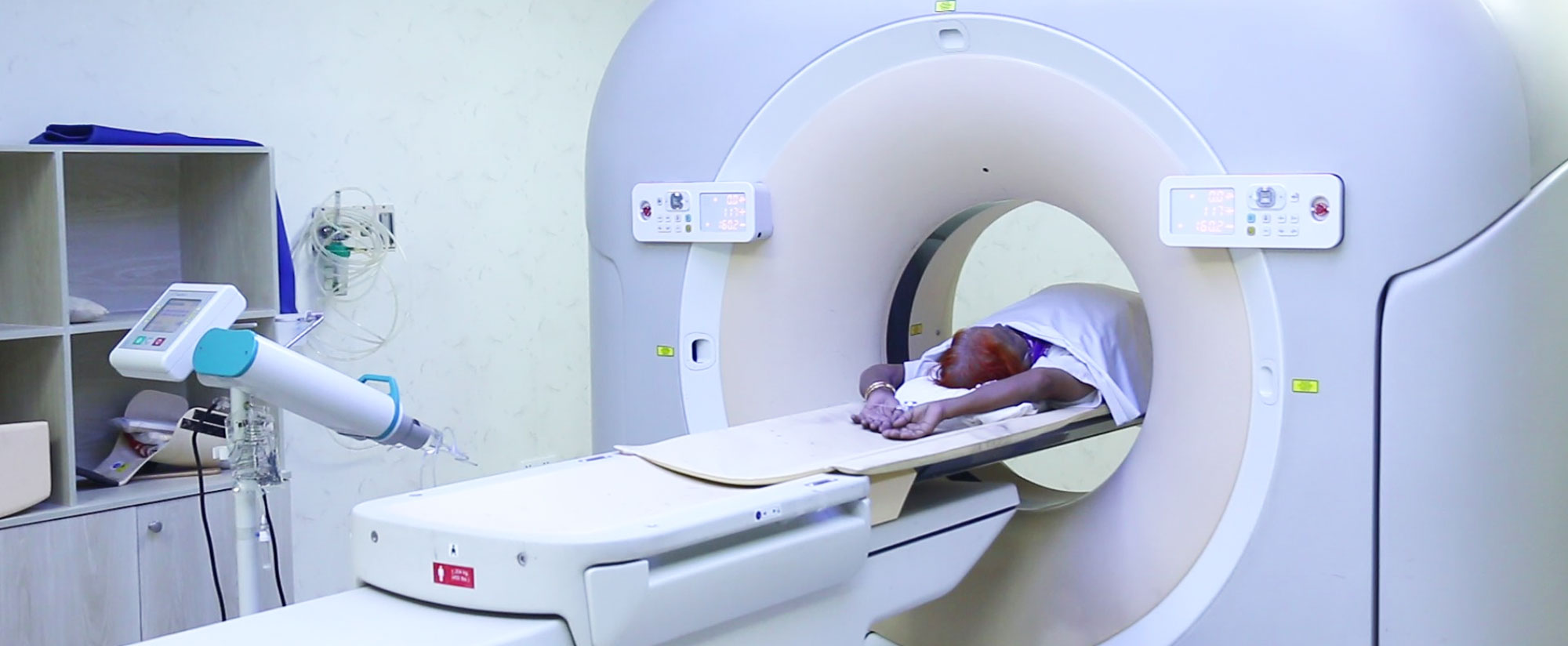The Department of Radiology is a vital part of the healthcare system, specializing in the use of imaging technologies to diagnose and treat various medical conditions. Here are some key aspects:
Key Functions
- Imaging Modalities: Utilizes techniques like X-rays, MRI, CT scans, ultrasound, and nuclear medicine to visualize the inside of the body.
- Diagnosis: Radiologists interpret imaging studies to help diagnose conditions ranging from fractures and tumors to internal bleeding.
- Interventional Radiology: Involves minimally invasive procedures guided by imaging, such as biopsies or the placement of catheters.
- Patient Care: Works closely with other medical departments to provide comprehensive care, ensuring that imaging studies align with patient treatment plans.
Education and Training
- Radiologists typically complete medical school, followed by a residency in radiology, and often pursue further specialization through fellowships.
Technology and Innovation
- The field is constantly evolving with advancements in imaging technology, such as AI applications for image analysis, which enhance diagnostic accuracy and efficiency.
Importance in Healthcare
- Radiology plays a crucial role in early disease detection and monitoring treatment efficacy, ultimately improving patient outcomes.
Our Specialists

DR. DEBALINA CHAKRABARTI
RADIOLOGIST & SONOLOGIST






